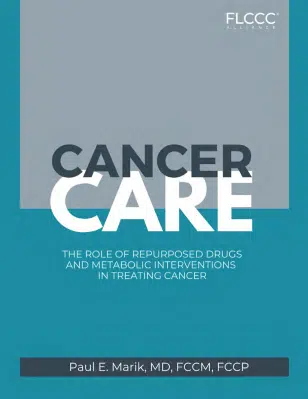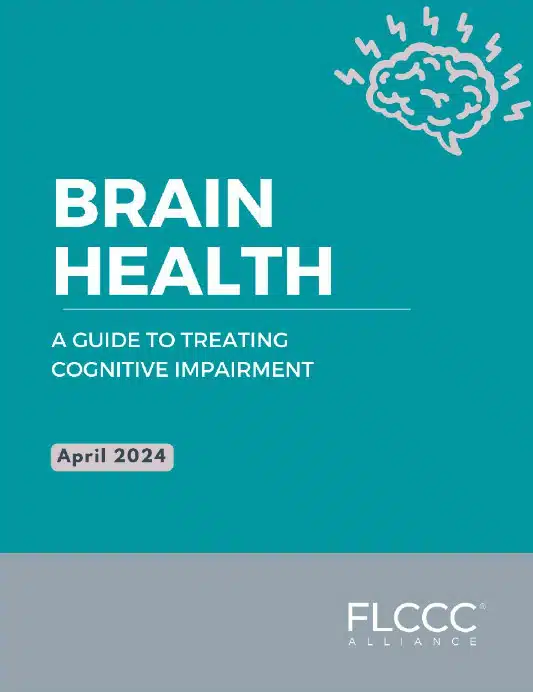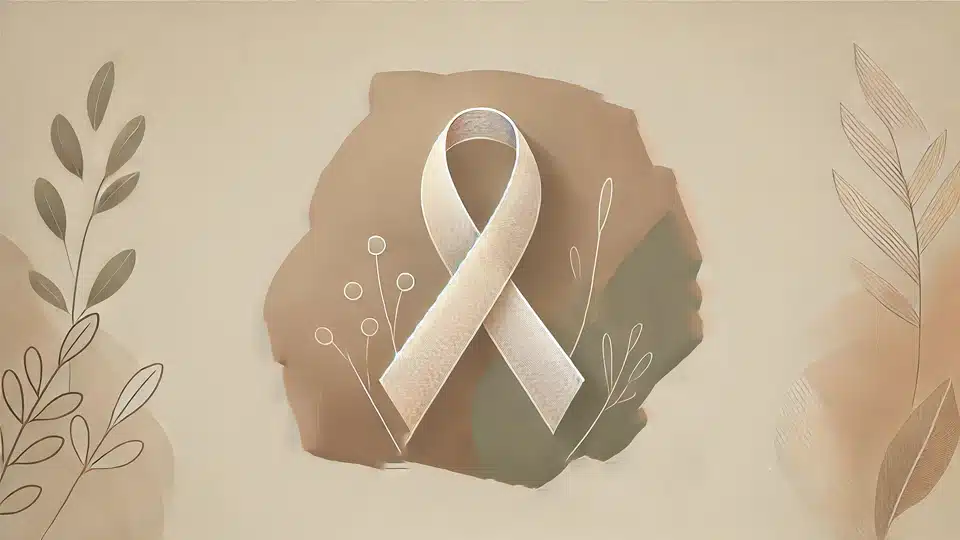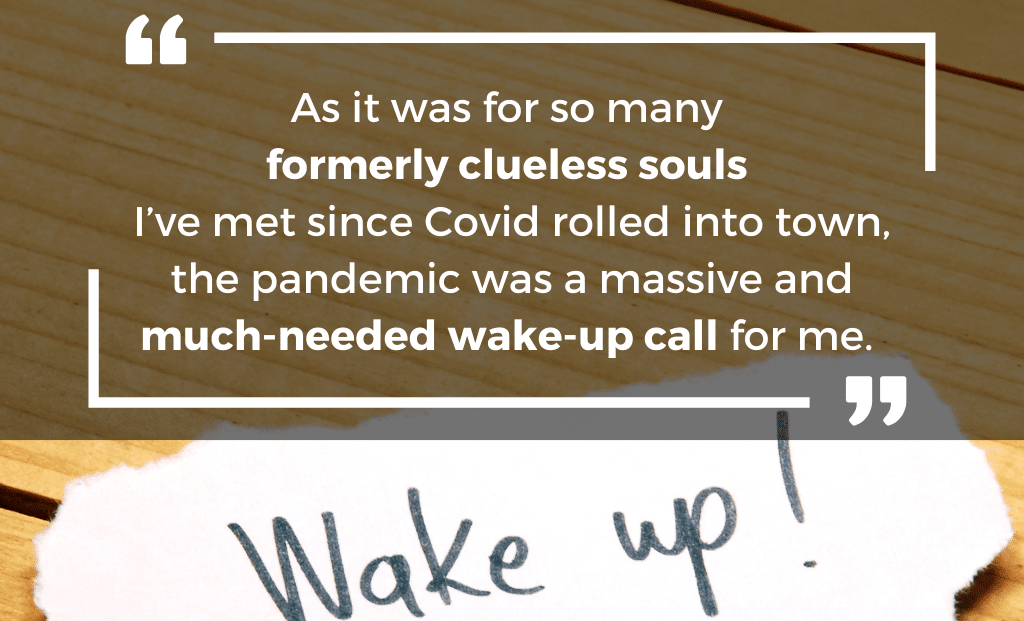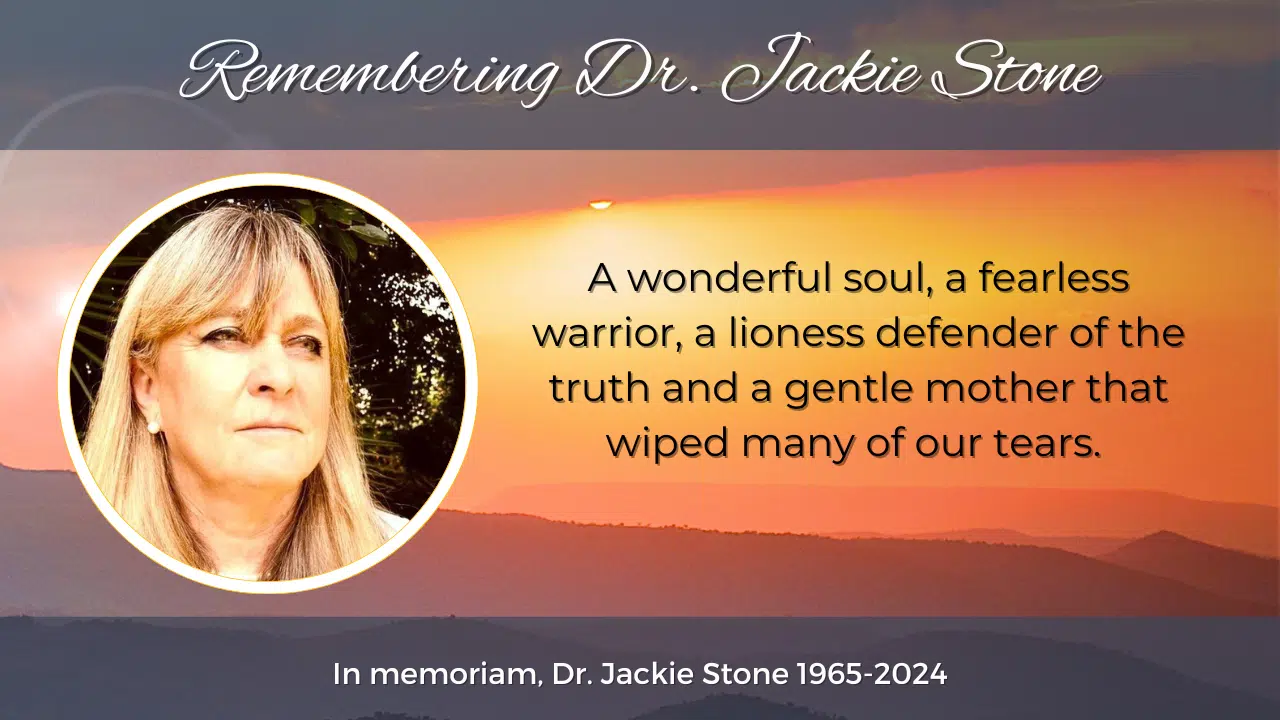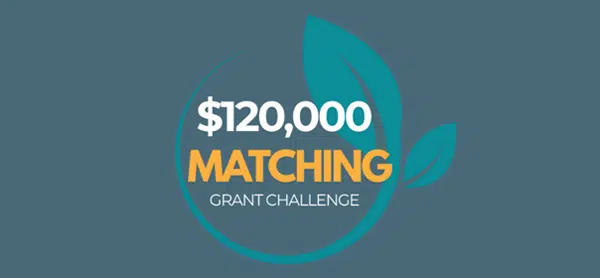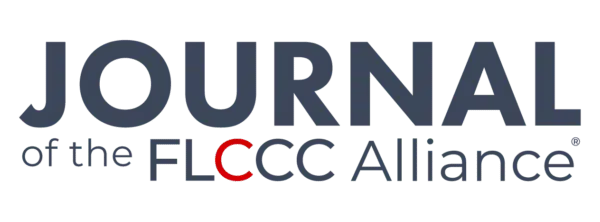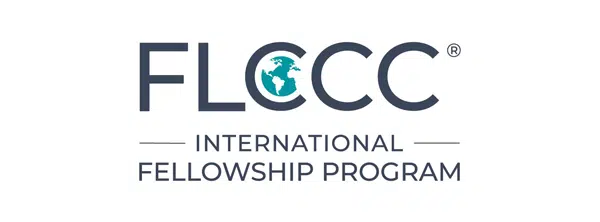Western Medicine and Eastern Medicine – which one is better? The best of both worlds leads to the best health outcomes!
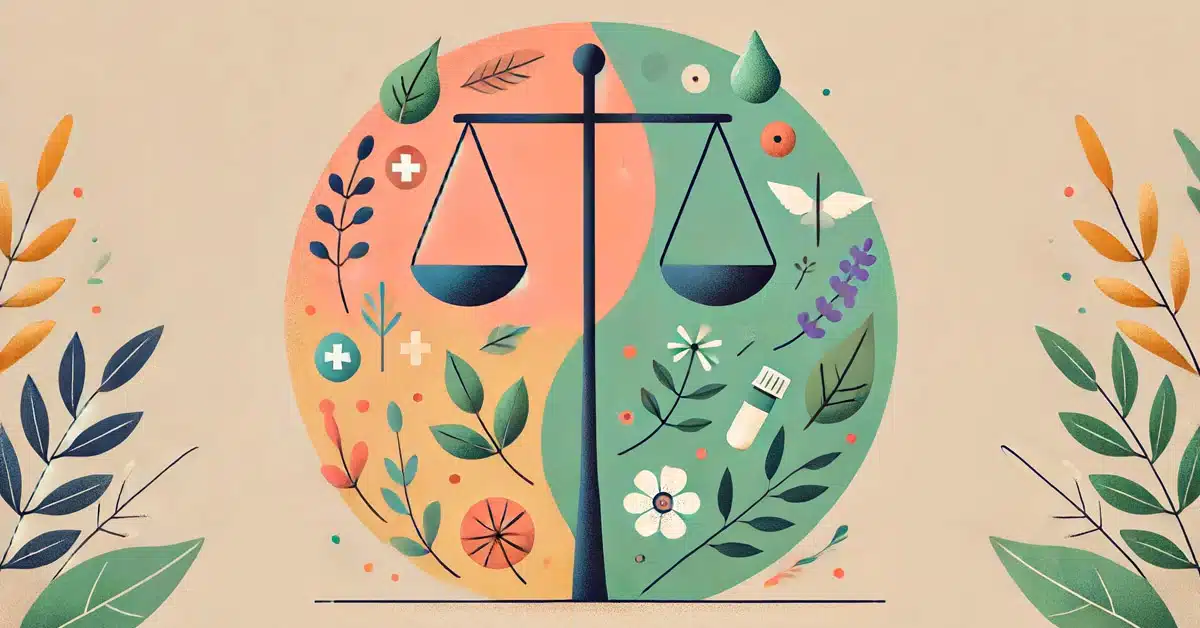
Western and Eastern Medicine both have great ways to help us heal. But why pick just one when you can use both?
Each style of medicine has its own strengths. Western Medicine is well-known for its strong focus on science and using medicines and advanced tests to improve health. On the other hand, Eastern Medicine might seem a bit unusual to some (even though it’s been around for thousands of years). Yet, it is getting more and more support from science for its methods, like acupuncture and herbal remedies, which have been proven to really help heal people.
There’s no doubt that “Honest Medicine” refers to both the western and eastern approach. So, let’s explore how they’re working together to make us healthier and more mindful.
We’ll start by looking at a great example from FLCCC President and Chief Medical Officer, Dr. Joseph Varon, who used Eastern Medicine to recover from a stroke himself over 10 years ago. His daughter, a doctor of traditional Chinese Medicine and licensed acupuncturist, was a big part of his recovery.
Dr. Varon Promotes Both Western and Eastern Medicine
Many know Dr. Varon by his nickname, “The COVID Hunter“, for his work in the early days of COVID-19 where he treated patients for hundreds of days without a break. Long before that, though, he was known by another name, “Dr. Freeze”, because of his affinity for a technique called therapeutic hypothermia.
This alternative medicine technique helps with heart issues and strokes by placing the body in a hibernation state, slowing blood flow to prevent organ damage. Dr. Varon even used it successfully after his own stroke.
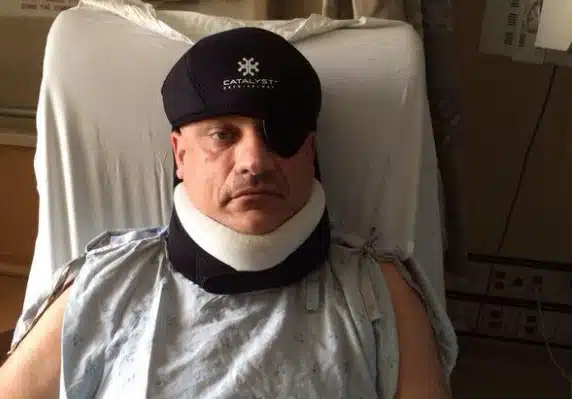
Dr. Varon undergoing selective brain hypothermia with a cooling device.
He was told he would never be able to walk again. However, within six weeks, he was SCUBA diving, and by eight weeks, he was playing racquetball! But that wasn’t the only alternative treatment Dr. Varon turned to. To help manage post-stroke neuropathy, he opted for eastern techniques like acupuncture and herbal supplements, instead of the conventional narcotics that had been offered to him.
Western Medicine vs Eastern Medicine: What’s The Difference?
Dr. Varon’s recovery was made possible by blending traditional Eastern and Western Medicine practices. Though his treatment methods could be considered “alternative medicine”, let’s remember his stroke was diagnosed using MRI, an advanced technology developed by western science.
While Western Medicine is known for its pharmaceuticals and advanced technology, and Eastern Medicine for its herbal medicine and holistic approaches, the reality is more nuanced. Historically, Western Medicine developed from ancient Greek and Roman traditions, focusing on scientific methods and technological advancements. That’s where we got our “Hippocratic Oath” as written by Hippocrates around 400 BCE.
Eastern Medicine, including Traditional Chinese Medicine and Ayurveda, emphasizes natural remedies and preventive care. However, many eastern practices, like herbal medicine and acupuncture, have been validated through rigorous western scientific studies, leading to their integration into Western Medicine. This blending creates a more holistic approach to health care, combining the strengths of both traditions.
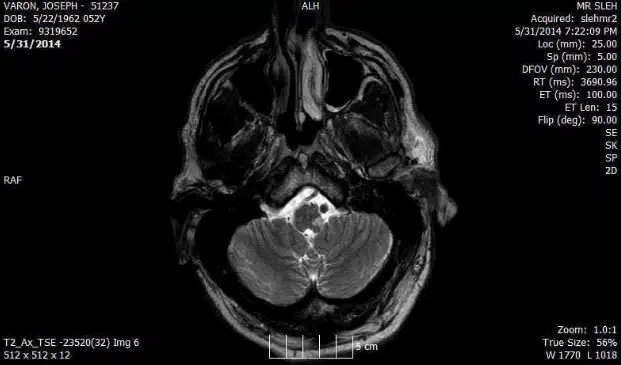
Brain MRI of Dr. Varon showing a midbrain stroke affecting an area that controls balance, temperature, and pain.
Western Medicine
- Definition and Origins: Evolved from ancient Greek and Roman traditions, emphasizing scientific methods and technological advancements.
- Key Characteristics: Evidence-based, focuses on treating symptoms, utilizes pharmaceuticals and surgery.
- Common Practices: Primary care physicians, systematic reviews, meta-analyses.
Eastern Medicine
- Definition and Origins: Encompasses Traditional Chinese Medicine (TCM), Ayurveda, and other holistic practices from Asia.
- Key Characteristics: Holistic approach, focuses on treating the whole person, balances energy (chi).
- Common Practices: Acupuncture, Tai Chi, Chinese herbal medicine.
Integrative Approaches: Combining Eastern and Western Medicine
Integrative medicine blends the best of both eastern and western approaches to achieve well-rounded care. This method pairs advanced diagnostics and modern treatments with holistic practices like acupuncture and herbal remedies, aiming to enhance overall outcomes. For instance, Dr. Varon’s recovery journey from a stroke exemplifies this approach. He combined therapeutic hypothermia—a technique from Western Medicine—with acupuncture, a practice from Eastern Medicine provided by his skilled daughter.
This integrative style treats the entire person, rather than just symptoms. It’s a growing trend among healthcare professionals, including many from the FLCCC Alliance, who see the value in addressing both the physical and holistic aspects of health. This comprehensive approach ensures that all aspects of a patient’s well-being are considered, making for a more effective and personalized treatment plan.
The Best of Both Worlds
Integrative and holistic medicine has really taken off in recent years. The complementary and alternative medicine market was valued at about USD 144.68 billion in 2023 and is expected to grow by 25.3% annually from 2024 to 2030. This rise is thanks to more people recognizing the benefits of combining traditional treatments with things like acupuncture, yoga, and herbal medicine.
In the U.S., there’s been a notable increase in the use of complementary health practices. An NIH study found that from 2002 to 2022, the use of yoga jumped from 5% to 15.8%, and meditation rose from 7.5% to 17.3%. Herbal dietary supplements are also booming, with sales reaching around USD 12 billion in 2020.
Overall, the market for integrative health and wellness is set to hit USD 196.87 billion by 2025, growing by 25.1% each year from 2023 to 2030. So, the idea of integrating Eastern Medicine approaches is anything but fringe!
The Future of Medicine: East Meets West
As more and more medical practitioners look to the east, FLCCC remains dedicated to highlighting the best treatments, wherever their origins. We’ve developed an array of treatment guides, protocols, and articles that include elements of Eastern Medicine and Western Medicine treatments.
- Cancer Care Monograph: Green Tea, Curcumin, Berberine, Ashwaganha
- Brain Health Protocol: Lion’s Mane, Yoga, Meditation, Vagal Nerve Stimulation
- Adrenal Health Guide: Rhodiola Rosea, Siberian Ginseng, Holy Basil (Tulsi)
- Allergy Guide: Ginger, Reishi, Chaga, Cordyceps
Eastern Medicine has been suggested in many FLCCC Treatment Guides:



